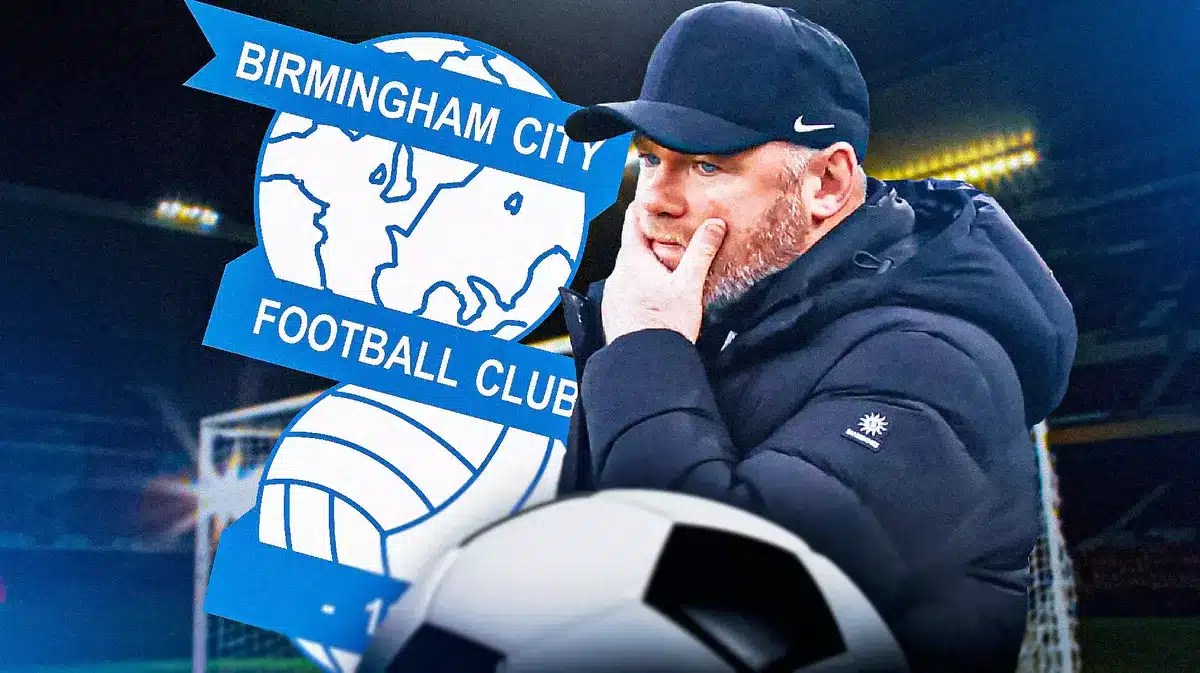Birmingham Football Club was plunged into turmoil following the swift departure of Wayne Rooney after a dismal stint at St Andrew's. The Manchester United legend, appointed after the controversial exit of John Eustace, struggled to steer the team toward success.
Rooney's tenure began with promise, inheriting a side placed fifth in the Championship table. However, the team's fortunes spiraled downward alarmingly. A string of defeats saw Birmingham plummet to the 20th spot, a stark contrast to their initial standing under his predecessor.
The tipping point came during the New Year's Day clash against Leeds, ending in a 3-0 loss, sealing Rooney's fate. The distressing defeat was compounded by chants from disgruntled Birmingham fans demanding Rooney's departure, creating a toxic atmosphere at Elland Road.
Despite Rooney's determination to turn things around, winning only two of the 15 games in charge wasn't enough to save his position. Reports from The Mirror confirmed the decision made by the Blues board, including NFL icon Tom Brady, to terminate Rooney's contract, marking a swift and disappointing end to his managerial spell.
The abrupt dismissal raises eyebrows, considering the earlier controversial decision to replace Eustace with Rooney. The ownership group's hasty actions have left a stain on the club's recent history.
Speculation now circles around potential successors at Birmingham, with former Nottingham Forest manager Steve Cooper emerging as a prime candidate. However, securing Cooper's services might prove challenging, as the 44-year-old has also attracted interest from Crystal Palace for a managerial role.
As Birmingham navigates this abrupt managerial upheaval, the focus now shifts to the club's efforts to stabilize and regain momentum in the Championship, aiming for a resurgence under new leadership.




















